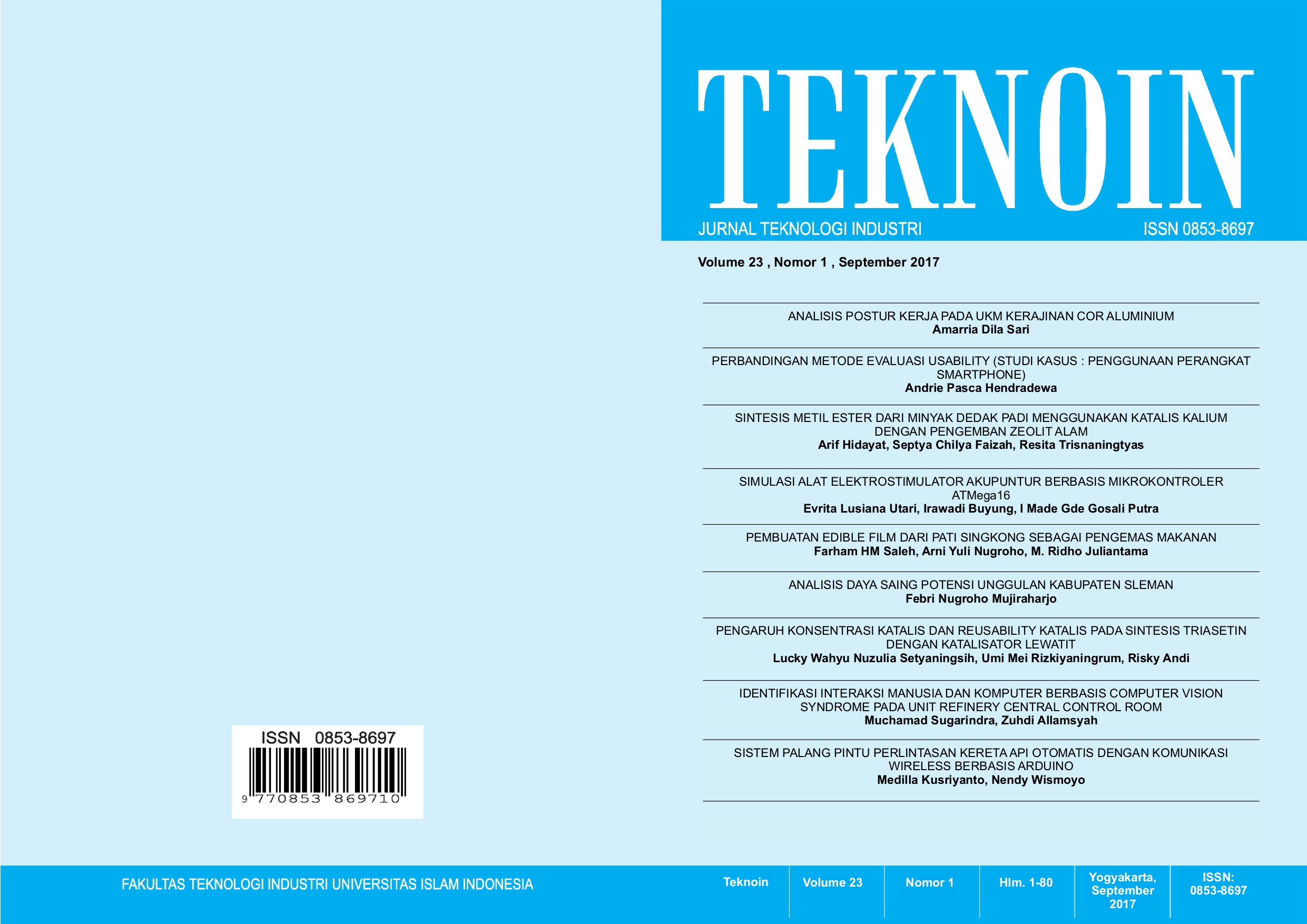Main Article Content
Abstract
Biodiesel is an alternative renewable energy source having many advantages such as environmental friendly, non-toxic, and has lower emission gases. Biodiesel is produced from transesterification of vegetable oils or animal fat. In this research, the transesterification of rice barn oil (RBO) using the solid base catalyst was studied. The performances of the catalysts were evaluated in terms of the reaction temperatures, the molar ratios of methanol to oil, and the catalyst loading. The effects of the mass ratio of catalyst to oil (1-10%), the molar ratio of methanol to oil (6:1-12:1), and the reaction temperature (40-60 oC) were studied for the yield of biodiesel to optimize the reaction conditions. The results showed that the optimal conditions were a methanol to oil molar ratio of 12:1, the amount of catalyst of 10%wt. of oil, and reaction temperature of 60 oC. The physicocharacteristics of the catalysts were analyzed by Nitrogen gas adsorption, surface functional groups by Fourier transform infrared spectroscopy (FT-IR), X-Ray Fluorescence Spectroscopy (XRF), and XRay Diffraction (XRD).
Article Details
License
Authors who publish with this journal agree to the following terms:
- Authors retain copyright and grant the journal right of first publication with the work simultaneously licensed under a Creative Commons Attribution License that allows others to share the work with an acknowledgement of the work's authorship and initial publication in this journal.
- Authors are able to enter into separate, additional contractual arrangements for the non-exclusive distribution of the journal's published version of the work (e.g., post it to an institutional repository or publish it in a book), with an acknowledgement of its initial publication in this journal.
- Authors are permitted and encouraged to post their work online (e.g., in institutional repositories or on their website) prior to and during the submission process, as it can lead to productive exchanges, as well as earlier and greater citation of published work (See The Effect of Open Access).
